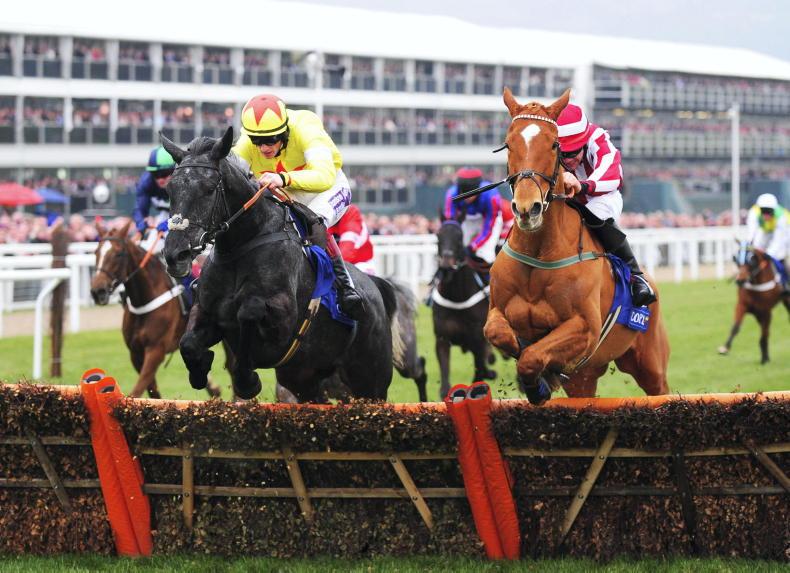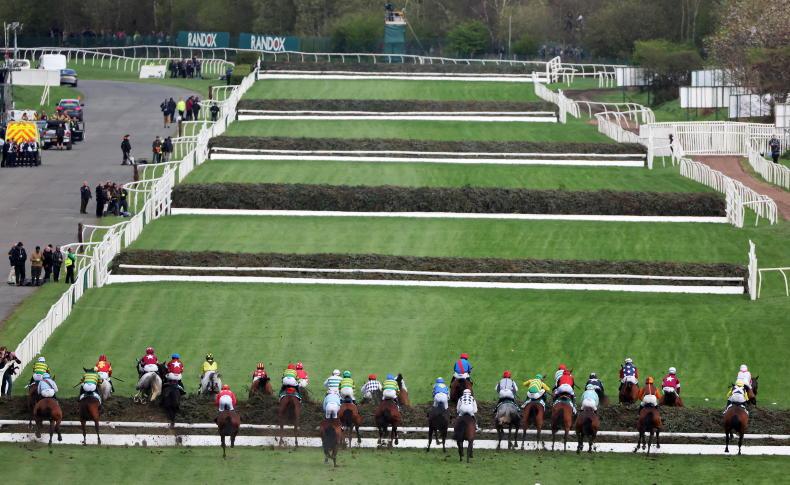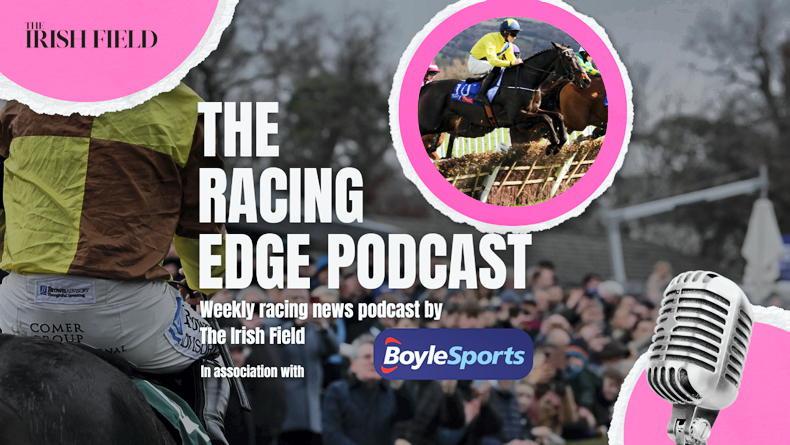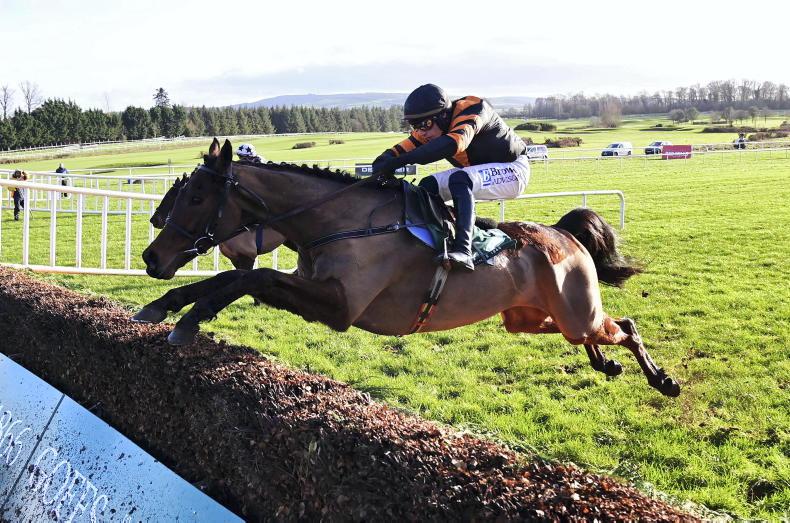IT took a while to come to terms with it, but public opinion can’t be wrong, can it?
The 2024 Randox Grand National, amazingly, had no horses falling. And around 16 still had a chance rounding the final bend.
By Tuesday, no one was talking about it. No one will be looking closely next year. Welfare? Nothing to see here.
Brough Scott – who has seen and been involved first-hand in all sorts of Nationals down the years – described it in The Times as a “National full of drama, but not of dread.” There was so little drama that watching a re-run was unneccessary,
It’s hard not to say in losing the dread we also lost a huge element of the drama, or is that where we are in the sport? It’s an odd comparison when we now have celebrities in the boxing ring.
Opinions on the success of the changes implemented by the authorities after deaths in the race in 2022 and 2023, did seemed to be split by age. Everyone under 30 (and guaranteed to be on social media) now seem to admit they previously felt uneasy watching the National.
Us older folk wondered whether a four-mile-plus chase with no fallers and 21 finishers was really the event that we all relished for so many years, one that pulled in people from all walks of life for a dramatic day.
The first National I ever watched had an equine fatality, but as a child in the early 70s, it didn’t leave any discomfort. The race was bigger than that.
Dramatic contest
And there was a fascination in seeing such a dramatic contest where anything could happen. Even getting the next day’s papers to see the pictures of the fallers was compelling. I well remember being enthralled by the photos of unforgotten herous such as Golden Rapper and Strands Of Gold going headlong over Bechers. Moondigua refusing the Chair in Red Marauder’s year and Shay Barry flying through the air, while Edmond and Richard Johnson were buried at the back of the fence.
While those photos would be unacceptable now, this year there was little point in looking at the re-run to see what happened, because nothing did. The Foinavon fence was barely an obstacle when the second group were jumping it on the second circuit (even if Foxy Jacks still made a mistake!).
Paul Townend, when interviewed by Lydia Hislop on Racing TV, said of the fences: “They’re fair, they slowed you down that’s what they are supposed to do, but they don’t knock you over. They still take respect. It’s still a unique test.” You can’t argue with that.
The two high profile deaths in 2012 rightly changed things. But changes were made, and for six years all was acceptable. There were no deaths.
It should not be forgotten there was tension and different circumstances last year. This year Animal Rising and their ilk had got bored of it, even if some general media tried to drum up a lot of anti-National feeling.
The run to the first was shortened and the field was reduced by six to 34 and, in the end, to 32 at the off. More space on the initial approach to Bechers undoubtedly helped no fallers on that early stretch (where there were fallers and deaths in 2022 and 2023) and it meant no loose horses to interfere, and the field did go slower to the first.
Become the norm
But the question then is, after such big changes this year, does this have to become the norm? After those unpalatable deaths in 2012, we had six years with none. And if there is another death, (remember there was one in the two-mile hurdle at Aintree on Friday that got little attention, one in the bumper at Kelso Saturday), will more changes have to be introduced? The field down to 30 then?
In the Racing Post Chris Cook wrote: “I wish there had been a greater willingness on the part of officialdom to stand up for the concept behind the National, to say: ‘Here is the greatest chance we offer our athletes to prove themselves. It is one of the world’s best sporting events and we must be slow to do anything that may tear at its fabric’.”
There is a lot of truth in that. In conceding so much ground, so rapidly, when there were reasons for last year’s not being ideal, more changes will have to be made as soon as something happens. And it probably will.
In hindsight, perhaps a reduction by three runners this year would have been better, taking a longer term view. This year’s running bought just one year’s grace. Should an injury occur next time, will the BHA say ‘let’s wait and see?’
What do we do if there is an incident at the Canal Turn? With a bigger field arriving there it’s possible. Make changes and call it the Canal Bend?
Vincent Finegan of irishracing.com noted in his blog: “Threats to the Grand National and jump racing in general have been real and persistent for some time and this new version of the flagship race will go a long way to nullifying them.” I’d say “a long way” is really just as far as 2025.
Willie Mullins also said afterwards: “Winning the National is special. It’s the first race we all see on TV, the spectacle and the atmosphere…”
I would still argue that many casual racefans watch and connect with the Grand National because of the extra drama, while of course hoping no horse suffers injuries. They would be less engaged by a 35-runner four-mile chase around Uttoxeter. The “we’ve saved the National” clatter is greatly premature.
Also in his National report in the Racing Post, Lee Mottershead described: “a glorious day, that race has returned to rude health.” Hmmm..one swallow never made a summer.


 This is a subscriber-only article
This is a subscriber-only article
 It looks like you're browsing in private mode
It looks like you're browsing in private mode











SHARING OPTIONS: